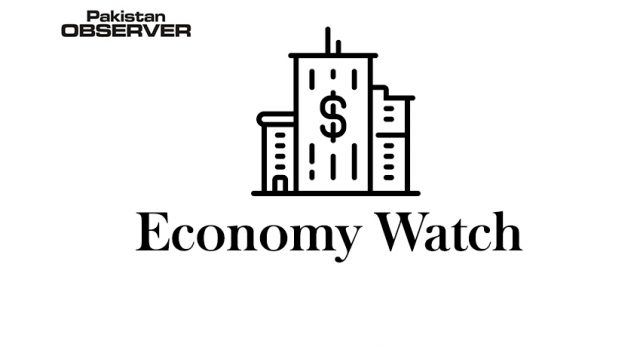Zubair Qureshi
Islamabad
Key issues like consumer rights and responsibilities as well as Islamic banking fundamentals were discussed during the three-day financial literacy training workshop that concluded here.
The workshop was organized by State Bank of Pakistan Banking Services Corporation (SBP BSC) and Oxfam Pakistan.
Acknowledging the financial literacy gender gap that exists in our society with only 6% of women in the country incorporated into the formal economy versus 11% men, Oxfam in Pakistan is working to empower women in the country through skill and economic development.
With this vision, Oxfam in Pakistan signed an MoU in October 2019 with the State Bank of Pakistan Banking Services Corporation (SBP BSC) Islamabad Office to implement the National Financial Literacy Programme (NFLP) by conducting a series of financial literacy training workshops till 2022 across the country, to bring unbanked and low-income women into the financial mainstream.
The training workshop covered essential information on budgeting and savings. The training was attended by a diverse group of women that included housewives, local councillors, social workers, entrepreneurs along with newly trained women drivers that will learn how to manage their finances and use banking services for their everyday needs.
The National Financial Literacy Programme by State Bank of Pakistan is a five-year program with a total target of one million beneficiaries. The program aims at reaching out to the unbanked and underbanked segments of society and to provide them with the knowledge needed to make better financial decisions.
Speaking at the concluding session of the training workshop, Regional Head State Bank of Pakistan Banking Services Corporation (SBP BSC) North Region Muhammed Saleem Khan said, ‘‘The partnerships of SBPBSC with Oxfam in Pakistan would prove instrumental to inculcate a better understanding of the participants, unfold more potential towards the national cause and augment well-being of the families and the society at large’’.
Country Director Oxfam in Pakistan Mohammed Qazilbash addressing the event stressed the need for more financial inclusiveness for women in Pakistan. He said, “We need to focus on improving access and information about available financial services to women in Pakistan, who shoulder incredible responsibility of managing the finances of their families. Financial inclusion is key to ending poverty and closing the inequality gap that exists in our society’’. At the concluding session, the beneficiaries reflected on what they learned from the training and how they plan to use their newly-acquired financial knowledge in their lives.









